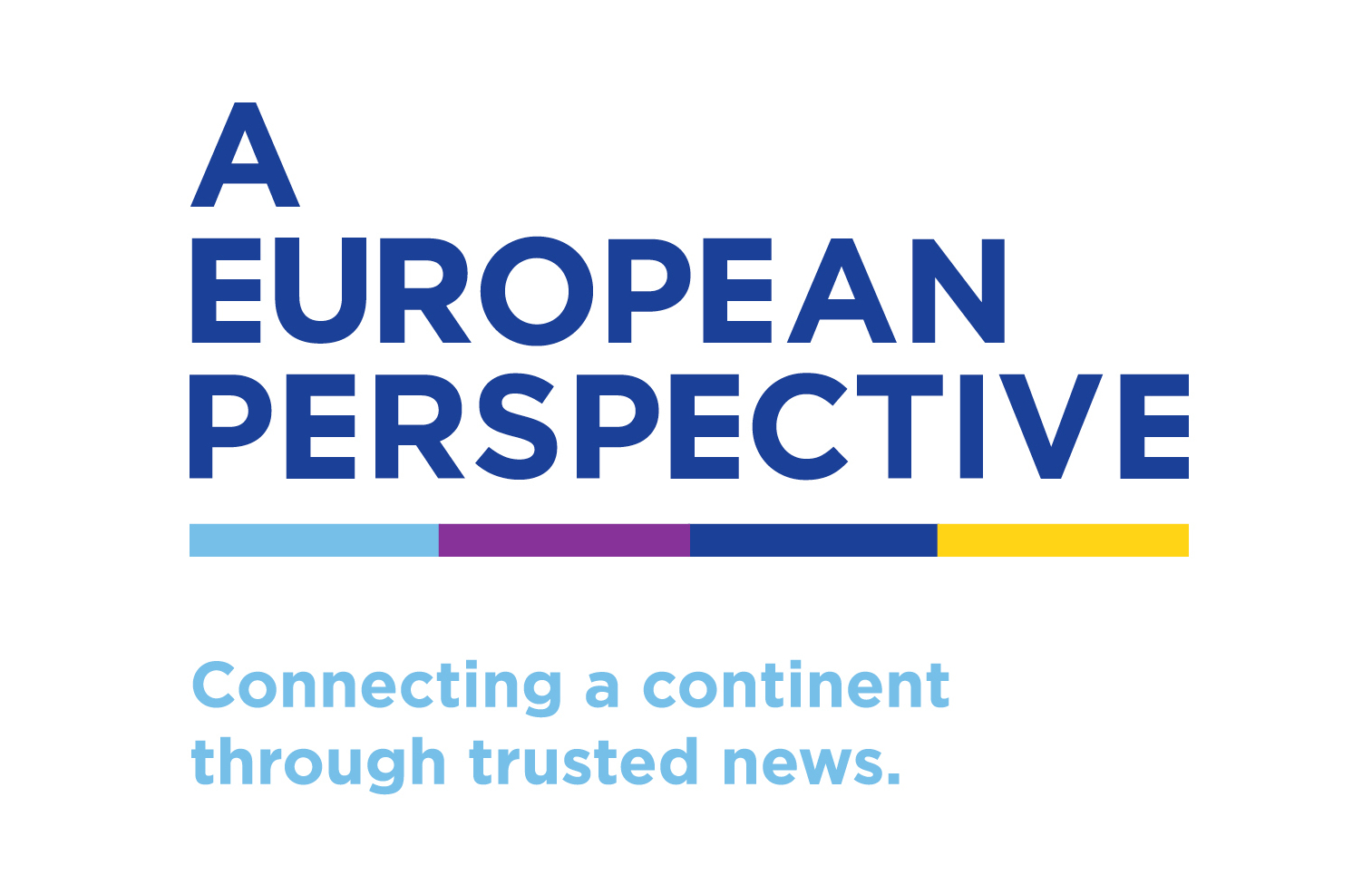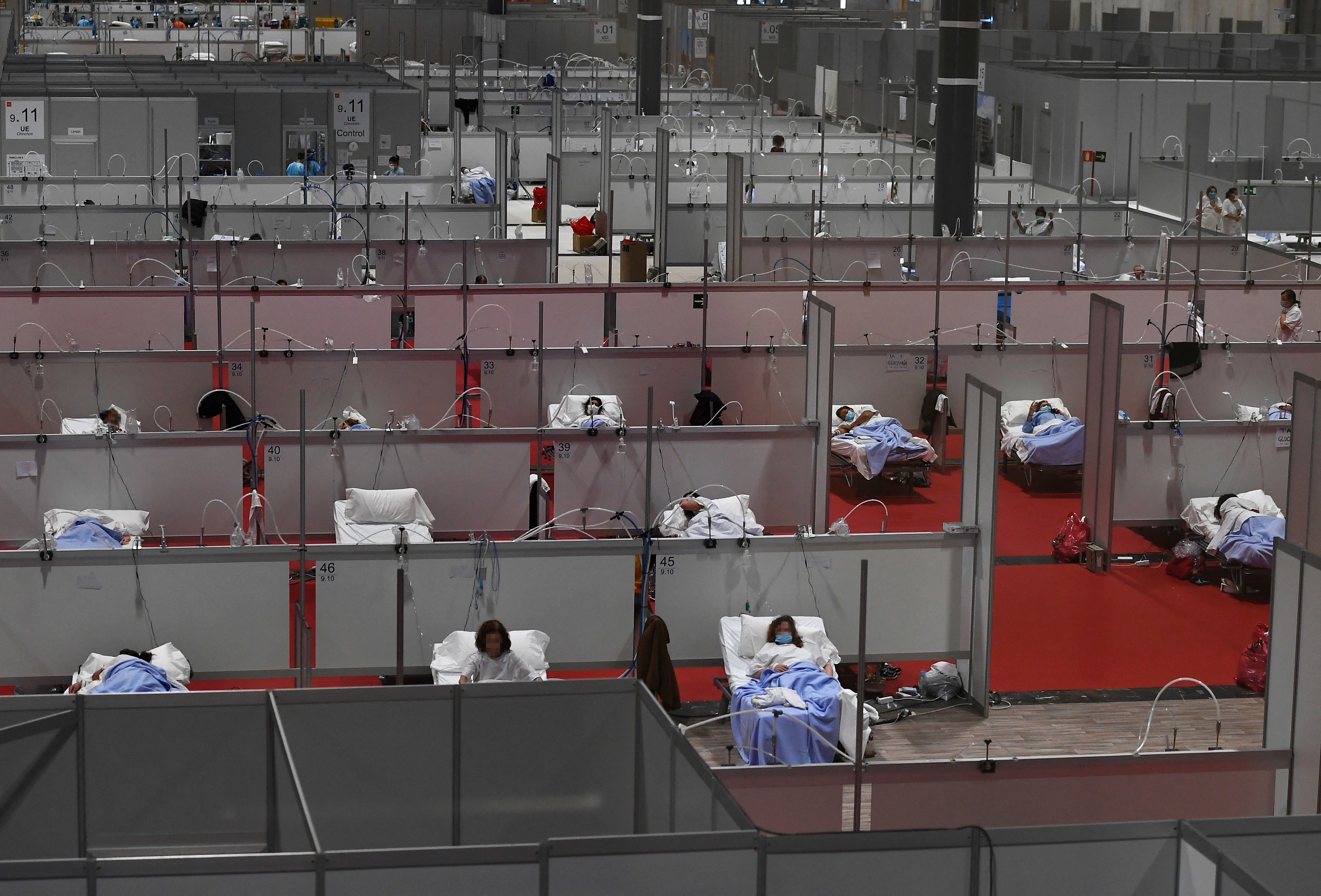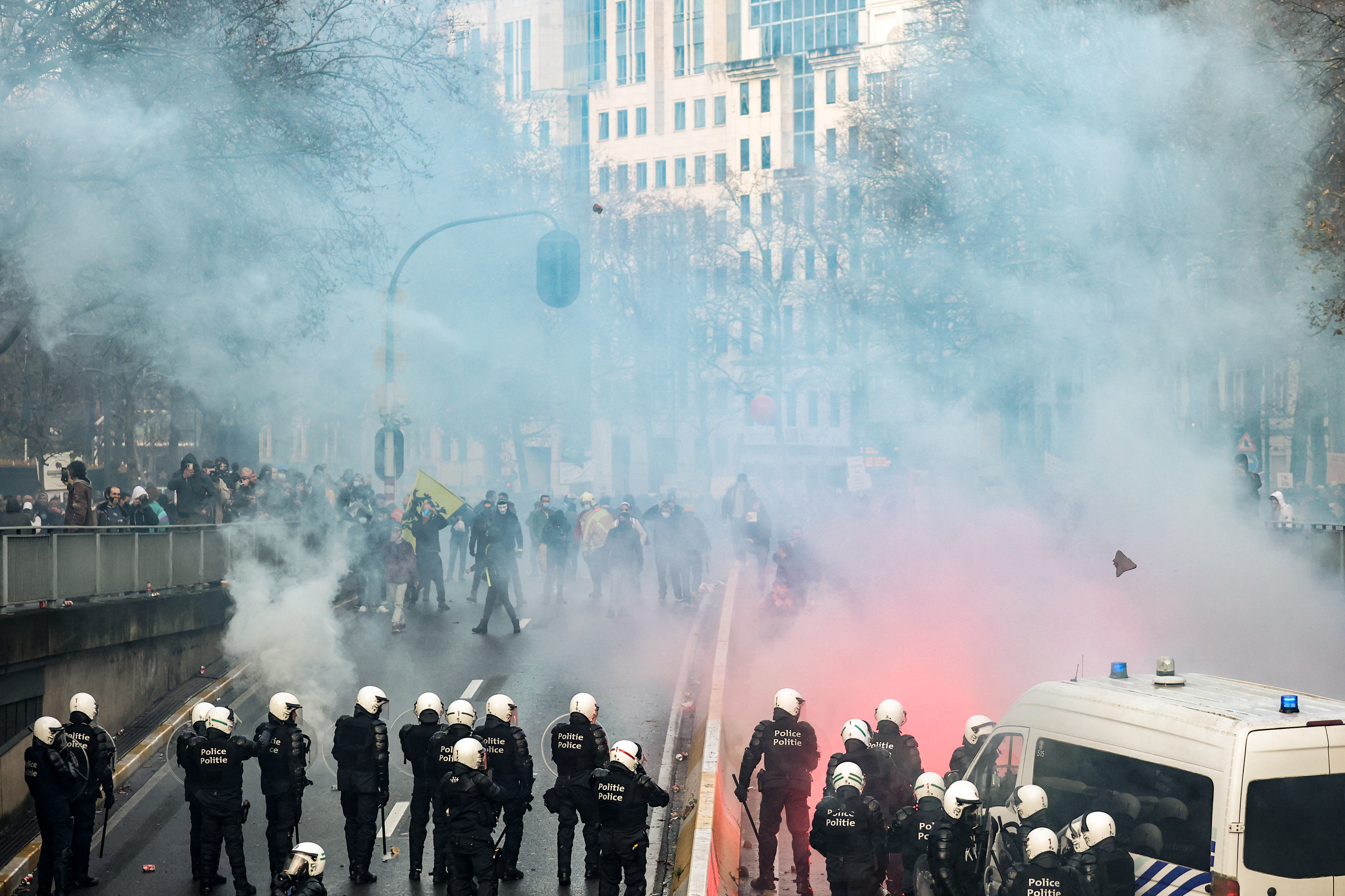Echoes of an outbreak – What did Europe learn from the Covid pandemic?

Five years since the World Health Organization declared Covid-19 a global pandemic, Europe is still taking stock of what’s changed and what hasn’t. This report and interactive map from 'A European Perspective'External link tracks how public service media across the continent are reflecting on the pandemic’s impact — and asking: could new threats find Europe just as vulnerable?

Five years ago this month, the world stood still as the World Health Organization (WHO) declared Covid-19 a global pandemic. It was the wakeup call needed around the globe to pay attention to the worsening outbreak, which had been reported since late 2019. In Europe, citizens went from hearing news about a virus from China for the first time, to watching images on TV of military trucks rolling down the streets of the Italian city of Bergamo, which had become ground zero in Europe. The army was called in to help with the massive number of casualties in Bergamo and the province of the same name, where 6,000 people died in one month – a staggering jump from the 2,000 deaths usually recorded. Five years on, the grief still feels fresh in the region, Arte reportsExternal link.
>>>Navigate our interactive map to find reports from European Public service media, five years after the beginning of the pandemic.
Soon after this outbreak, similar numbers and statistics became a reality in most European countries. A month after the pandemic was officially declared, hospitals were overwhelmed and governments struggled to respond to the emergency. Europe began seeing new epicentres of the pandemic, including Spain, which by 2 April 2020 declared 100,000 cases and 10,000 deaths, with 950 dead in a single day. “It caught us all, in general, unarmed,” Pedro Gullon, current Director General of Spain’s public health agency (Salud Pública y Equidad en Salud), told RTVE.External link He admitted that, in hindsight, the impact of the first wave could have been mitigated, but that “nobody could have stopped it”.

Hard measures give hard lessons
Pandemic-related vocabulary such as “antigens”, “PCR”, “messenger RNA”, “herd immunity” or “curfew” became commonplace in people’s conversations. Meanwhile, repeated lockdowns, tracing and isolation measures, led to growing fatigue, sparking protests. In Belgium, demonstrations against Covid-19 preventative measures turned violent in 2021, as RTBF recallsExternal link. According to Belgian Minister of Health Frank Vandenbroucke, the first wave of Covid-19 — soon followed by other waves and different variants of the virus — was also a chance to learn lessons for the future: “The total closure of the school system, including support services, psychological-medical centres, etc., was too much. The total closure of an entire support system (…) which is what the government did at the very beginning was probably not the right strategy, but we learned from it,” he told RTBF.

Of all the measures taken, school closures seem to have had one of the most enduring impacts, and the effect is still being evaluated five years on.
Take Czechia. When the pandemic forced education online, the abrupt loss of in-person contact and the isolation that followed contributed to a sharp rise in mental health issues among children. One troubling sign of this was the rise in self-harming behaviours, particularly among teenage girls, reported CT.External link In that period, many turned to social media for support and connection. Václav Havelka, principal of Chmelnice Primary School in Prague, notes that it was during the period of distance learning that many students became increasingly dependent on online platforms.

In Portugal, students remember lockdown as a challenging time. Eighteen-year-old Lucas said it had an impact in his concentration. “I was a bit put off by the online classes, because it was so easy to be doing something else while in an online class, nobody had control. And when I got to the tenth year, in person, I realized that I was lacking some basics.” Teresa, who was eight when the pandemic hit, remembers: “I think the pandemic had an impact on my childhood, because it was a childhood spent at home,” she told RTPExternal link.
While prolonged isolation left scars on the younger generation, the elderly in nursing homes were the first to bear the brunt of the Covid-19 wave. “We turned our palliative care facility into a Covid-19 unit,” Steve Doyen, director of a nursing home in the Brussels region, told RTBFExternal link. With several deaths sometimes occurring on a single night, “the night nurses were at a loss, and called for help. Even the undertakers were completely overwhelmed”, he said. Christie Morreale, former Walloon Minister of Health, saw the death toll arrive on her desk every day. “The moment that was probably the most painful,” she said, “was the balance sheet. And that column with the death toll.”
Visible Changes, Lingering Doubts
If some effects of the COVID-19 pandemic — widespread teleworking habits, greater awareness of mental health, population-wide vaccination campaigns or the lingering impact of long covidExternal link — are still tangible in societies all over Europe, experts are divided over how much citizens and institutions have learned from the pandemic.
Inés Calzada, a sociologist at the Complutense University of Madrid specializing in the study of the welfare state, pointed out to RTVEExternal link that the pandemic was a wake-up call on the “need for the state: people understood in a very immediate way how this institution can protect you”. Daniel La Parra, Professor of Sociology of Health at the University of Alicante, notes that “health became so central to everything that, in a purely capitalist society, it managed to stop economic activity”. He added the crisis likely led to “an increase in the demand” for health services since then.
![] A shopper walks past NHS signage promoting "Stay Home, Save Lives" on a bus shelter in Chinatown, central London on January 8, 2021, as England entered a third lockdown due to the novel coronavirus Covid-19.](https://www.swissinfo.ch/content/wp-content/uploads/sites/13/2025/04/Picture-3.jpg?ver=94aa946d)
The pandemic also exposed the vulnerabilities of European health systems. But five years on, some argue that governments have done little to address them. In Latvia, infectiologist Uga Dumpis notes that hospitals remained largely unchanged since the crisis. “Western hospitals are now being built with only single-bed wards (for treating infectious diseases), while we still consider it normal to have four to five patients in a ward ”, he told LSM.External link “Considering both flu and other infections we must understand we need the single room infrastructure too.”
“The biggest post-pandemic risk of these five years is actually forgetfulness,” Fernando Almeida, President of the Portuguese National Institute of Health, told RTPExternal link. “And we mustn’t forget. SARS-CoV-2 (Covid-19) can already be treated as just another respiratory virus in circulation, but this could change; the world’s attention is already turning to [the new strain of] H5N1, a new threat with pandemic potential.”
A final push for a global pandemic accord
In January 2025, asked whether the world is now better prepared for the next pandemic, WHO chief Tedros Adhanom Ghebreyesus replied, “Yes and no”, AFP reports. While he acknowledged that many of the same weaknesses and vulnerabilities remained, “the world has also learned many of the painful lessons the pandemic taught us and has taken significant steps to strengthen its defences.” “There’s a lot that has improved because of the 2009 (H1N1) flu pandemic but also because of Covid,” said Maria Van Kerkhove, the WHO’s epidemic and pandemic preparedness and prevention director. But she warned “I think the world is not ready for another infectious disease massive outbreak or pandemic.
In December 2021, WHO member states began drafting a global accord to prevent and better respond to pandemics, an effort to address the deep failings exposed by Covid-19.

But key issues remain unresolved, particularly around sharing pathogen information between countries and ensuring equitable access to vaccines and medical resources. With one final negotiating session set in coming days, pressure is mounting to reach consensus in time for the WHO’s next annual assembly in May — and to deliver a deal that could define how the world handles the next pandemic, or risk reliving the same deadly mistakes.
*A European Perspective is an editorial collaboration connecting European Public Service Media. Find out more hereExternal link.
Content provided by AFP (France), BR (Germany), CT (Czechia), Franceinfo (France), ERR (Estonia), ERT (Greece), LSM (Latvia), LRT(Lithuania), RTBF (Belgium), RTE (Ireland), RTP (Portugal), RTS (Switzerland), RTVE (Spain), RÚV (Iceland), Suspilne (Ukraine) and Swedish Radio (Sweden).
Text: Sara Badilini
Map: Luis Garcia Fuster, Martin Sterba
Additional research: Michelle Hough
Sub-editor: Kate de Pury (EBU)
Translation and edition for SWI swissinfo.ch: Anand Chandrasekhar
Project management: Alexiane Lerouge (EBU)
Illustration: Ann-Sophie De Steur

In compliance with the JTI standards
More: SWI swissinfo.ch certified by the Journalism Trust Initiative








You can find an overview of ongoing debates with our journalists here . Please join us!
If you want to start a conversation about a topic raised in this article or want to report factual errors, email us at english@swissinfo.ch.